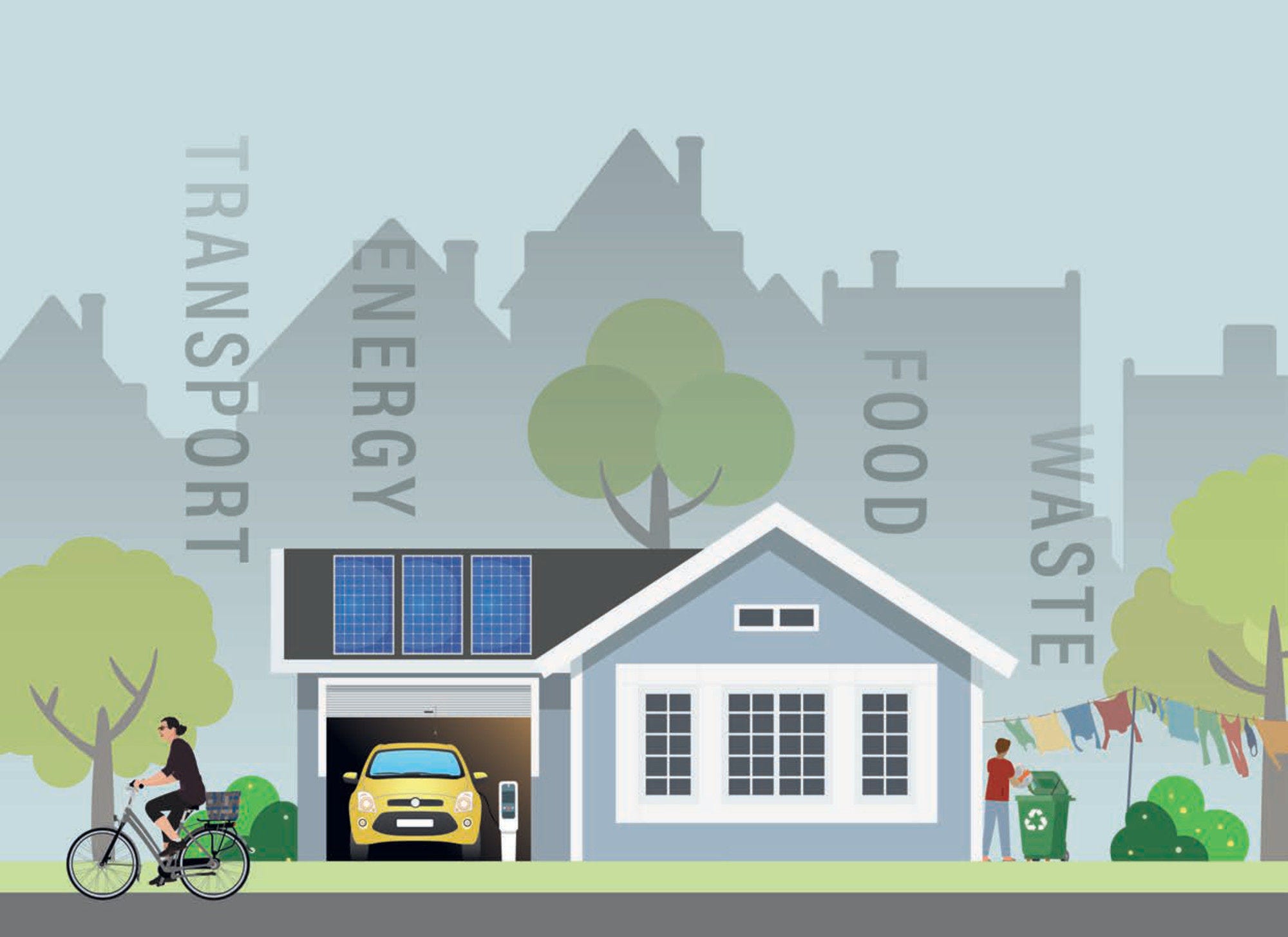The choices households make affect the climate and the environment in numerous ways, ranging from daily habits, such as what to eat and how to get to work, to less frequent choices, such as how to heat their homes. The potential to reduce the environmental impacts of household consumption is well documented but has proven difficult to realise. Understanding and overcoming the barriers to behaviour change must be a policy priority given the urgent need to accelerate action to limit climate change and improve environmental quality.
This report presents insights from the third round of the OECD Survey on Environmental Policies and Individual Behaviour Change (EPIC), which explores what drives household behaviour and how policies may affect household decisions. Following two previous rounds of the survey in 2008 and 2011, a third round was implemented in 2022. With a sample of more than 17 000 households, the third round comprises nine countries: Belgium, Canada, Israel, France, the Netherlands, Sweden, Switzerland, the United Kingdom and the United States. It explores four key areas: energy, transport, waste and food systems.
Since the second EPIC Survey in 2011, environmental issues have risen up policy agendas, with milestones including the adoption of the Paris Agreement on Climate Change (2015) and the Global Biodiversity Framework (2022), and a resolution to reach agreement on an internationally legally binding instrument to end plastic pollution. Technological innovations have also altered the landscape of consumption options. Over the last decade the cost of renewably sourced electricity has declined rapidly, making it less expensive than fossil fuel-generated electricity in many countries. Drastic changes have also occurred in transport systems, such as the increased availability and affordability of electric vehicles. Digitalisation has facilitated new business models, many of which are associated with environmental benefits, such as reducing food waste and enabling peer-to-peer sharing of goods.
Societies and economies have also been significantly affected by the COVID-19 pandemic, geo-political tensions, and the associated energy and commodity crises. These diverse pressures and developments warrant a careful examination of the drivers of consumption choices and support for policy measures at a time of interlocking global crises. The 2022 EPIC Survey yields numerous insights.







